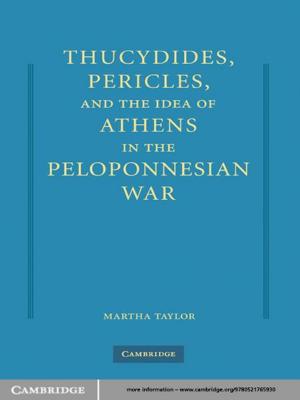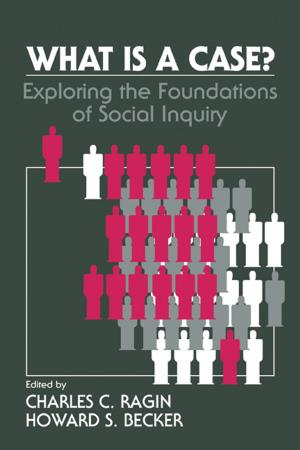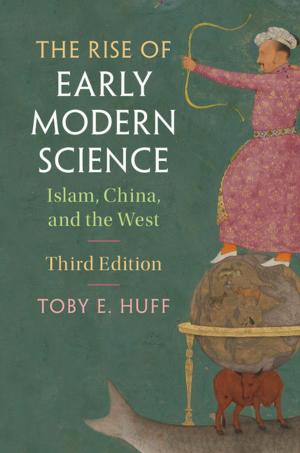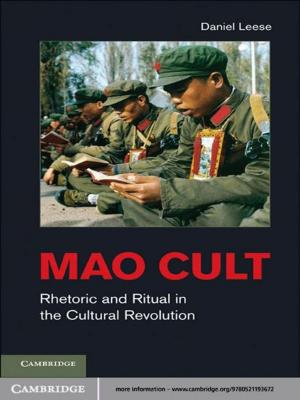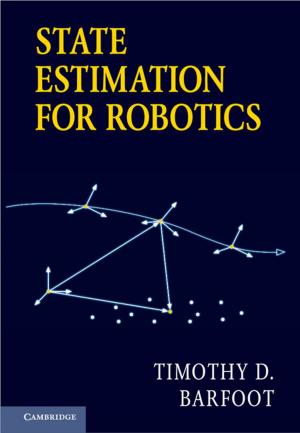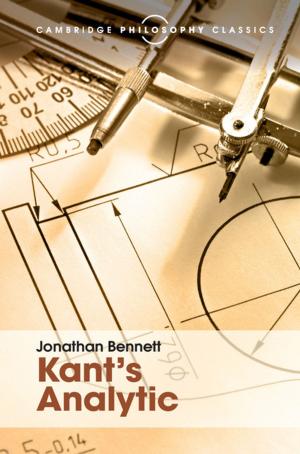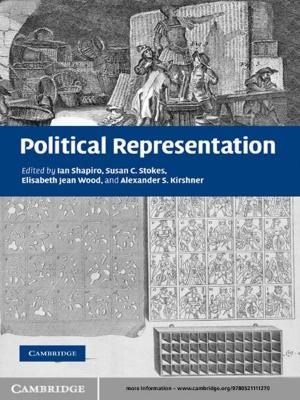| Author: | Mor Segev | ISBN: | 9781108244596 |
| Publisher: | Cambridge University Press | Publication: | November 2, 2017 |
| Imprint: | Cambridge University Press | Language: | English |
| Author: | Mor Segev |
| ISBN: | 9781108244596 |
| Publisher: | Cambridge University Press |
| Publication: | November 2, 2017 |
| Imprint: | Cambridge University Press |
| Language: | English |
Aristotle is a severe critic of traditional religion, believing it to be false, yet he also holds that traditional religion and its institutions are necessary if any city, including the ideal city he describes in the Politics, is to exist and flourish. This book provides, for the first time, a coherent account of the socio-political role which Aristotle attributes to traditional religion despite his rejection of its content. Mor Segev argues that Aristotle thinks traditional religion is politically necessary because it prepares the ground for what he considers the pinnacle of human endeavor: attaining the knowledge of first philosophy, whose objects are real beings worthy of being called gods. Developing this interpretation, Segev goes on to analyze Aristotle's references to the myths of traditional Greek religion, and to assess his influence on medieval Jewish and Christian theology and philosophy of religion.
Aristotle is a severe critic of traditional religion, believing it to be false, yet he also holds that traditional religion and its institutions are necessary if any city, including the ideal city he describes in the Politics, is to exist and flourish. This book provides, for the first time, a coherent account of the socio-political role which Aristotle attributes to traditional religion despite his rejection of its content. Mor Segev argues that Aristotle thinks traditional religion is politically necessary because it prepares the ground for what he considers the pinnacle of human endeavor: attaining the knowledge of first philosophy, whose objects are real beings worthy of being called gods. Developing this interpretation, Segev goes on to analyze Aristotle's references to the myths of traditional Greek religion, and to assess his influence on medieval Jewish and Christian theology and philosophy of religion.




